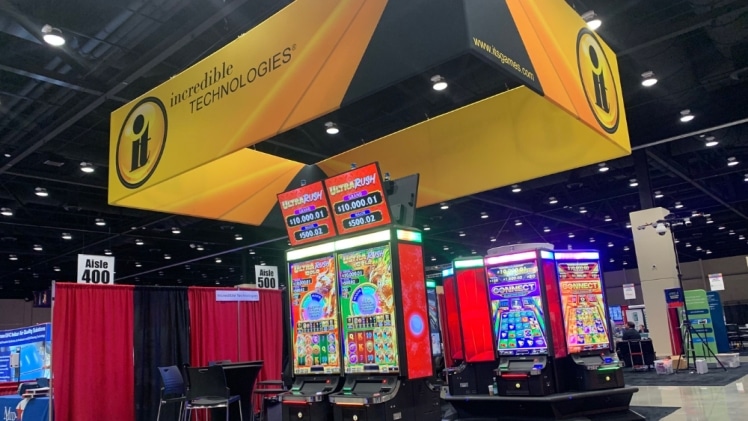In an era when businesses are constantly looking for innovative ways to engage customers and strengthen brand presence, custom-branded games have emerged as a powerful tool. These interactive experiences allow companies to enhance their marketing efforts while entertaining their audience. But what exactly are custom-branded games, and where can they be effectively used? Let’s dive in.
What Are Custom Branded Games?
Custom branded games are digital or physical games specifically designed to incorporate a company’s branding elements, such as logos, colours, and messaging. As Expoplay.co.uk explains, they are tailored to engage users while promoting brand awareness, increasing customer loyalty, and encouraging interaction. These games can take various forms, including:
- Mobile and Web Games: Interactive applications accessible via smartphones and computers.
- Gamified Marketing Campaigns: Engaging customers through promotions like spin-the-wheel, quizzes, or interactive storylines.
- Trade Show and Exhibition Games: Branded games like Giant Jenga, Batak Pro, and prize wheels to attract visitors.
- Funfair and Arcade Games: Traditional games modified with branding elements to provide immersive brand experiences.
- Social Media Challenges: Games integrated into social platforms to encourage user participation and engagement.
Where to Use Custom Branded Games
1. Corporate Events and Trade Shows
Corporate events and trade shows are ideal environments for branded games. Companies can set up interactive game booths where attendees can participate in activities such as:
- Spin-the-wheel contests with branded prizes
- Digital quizzes related to the company’s industry
- Leaderboard competitions to encourage repeat engagement
These games attract attention and provide valuable networking and data collection opportunities.
2. Social Media Marketing Campaigns
Social media is a hotbed for interactive content, making it a perfect platform for branded games. Businesses can develop:
- Branded trivia games where participants can win discounts
- Augmented reality filters or games tied to a campaign
- Hashtag challenges that encourage user-generated content These initiatives increase audience interaction, encourage social sharing, and boost brand visibility.
3. Retail and In-Store Experiences
Physical retail locations can benefit from custom branded games by enhancing the shopping experience. Examples include:
- Interactive kiosks where customers can play for discounts
- Scavenger hunt-style games that encourage in-store exploration
- QR code-based games that drive engagement with new products These tactics increase foot traffic, encourage purchases, and create memorable shopping experiences.
4. Funfairs, Festivals, and Outdoor Events
Branded carnival-style games at funfairs, festivals, and outdoor activations create excitement around a brand. Businesses can customize classic games like:
- Branded ring toss or basketball shootout
- Custom prize claw machines featuring brand-themed items
- Digital score-based competitions with grand prizes
- These activations attract large audiences and encourage ongoing engagement with the brand.
5. Employee Engagement and Training
Companies can also use custom branded games internally for employee engagement and training. Gamification in the workplace can:
- Make training modules more interactive and effective
- Encourage teamwork and collaboration through friendly competitions
- Improve employee retention and satisfaction by adding fun elements to work tasks
Custom branded games offer an exciting and interactive way for businesses to engage their audience, boost brand recognition, and create memorable experiences. Whether used at trade shows, on social media, in retail spaces, or even internally, these games can help businesses stand out in an increasingly crowded marketplace.


